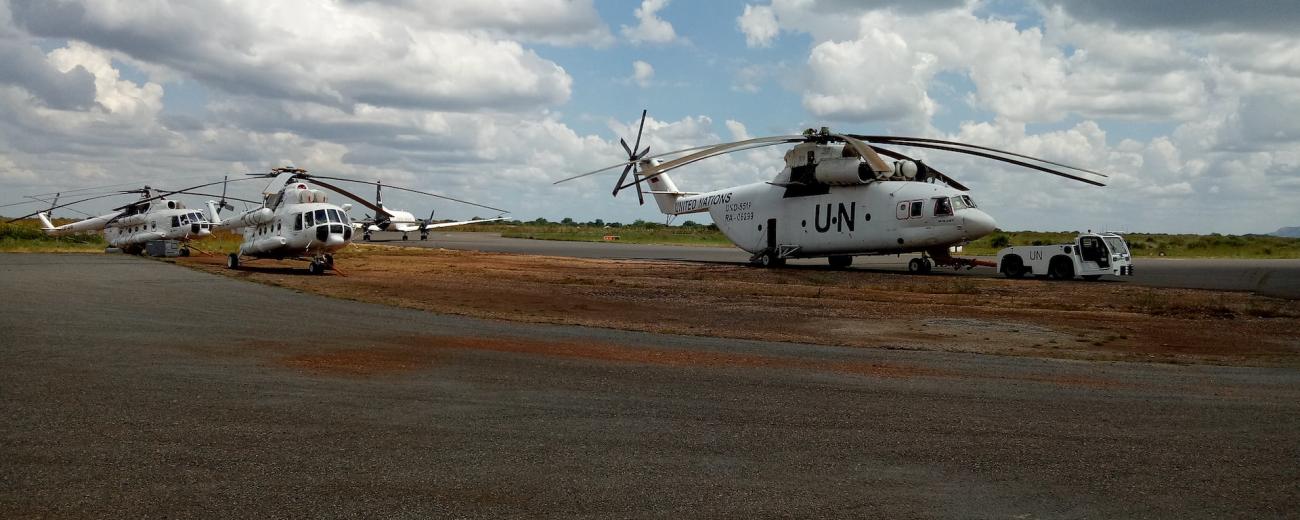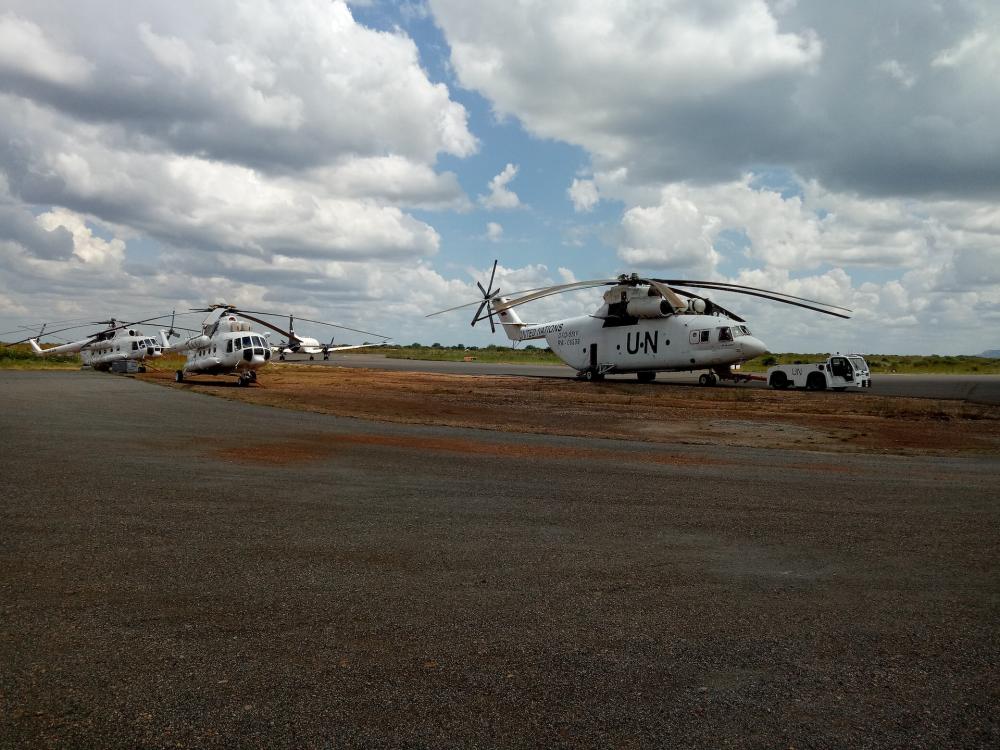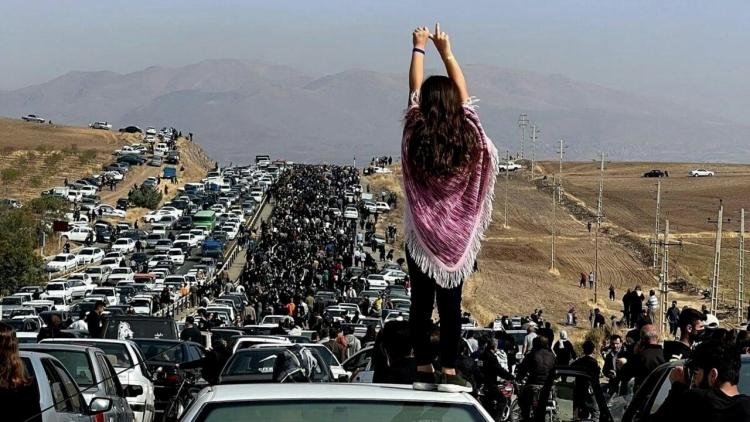Conditions ‘unsafe’ for South Sudanese refugees to return, report finds


Conditions for voluntary, safe and dignified return of refugees are not present in South Sudan, according to a new report.
Researchers spoke to over 1,000 refugees and returnees to assess what has driven people to return, their experience of returning, and to discover how programmes can adapt to support their aspirations and needs amid the ongoing hunger crisis.
A consortium of institutions led by SOAS University of London conducted new research for Samuel Hall and the Research and Evidence Facility (REF) to analyse the movements of displaced South Sudanese people.
The researchers, from SOAS University of London, University of Manchester and Sahan Research, also discovered that many refugees are unable to permanently return and are forced to move back-and-forth to access the resources they need.
Refugees frequently move across borders while being careful not to lose their status or access to aid in the country or city of asylum. For most South Sudanese refugees, return is not the end of the migration cycle, nor a return ‘home’, but one step in broader patterns of mobility.
Professor Laura Hammond, Pro-Director of Research and Knowledge Exchange at SOAS and Team Leader of the REF said: “This research comes at an important time, as the Regional Refugee Response Plan for the South Sudan Situation has recently been approved and is now moving towards implementation. We hope that the findings from this study will help those involved in facilitating appropriate durable solutions for refugees, displaced persons and host communities.”
The report found that South Sudanese local economies cannot provide the displaced and returnees with enough jobs. Only 45% of households surveyed had a current source of income from employment or self-employment.
Of those surveyed, 44% reported that they left some family members behind as they moved. Women are frequently left behind, and their opportunities for mobility are more constrained than men. Women risk being marginalised and cut off from family support if they do not abide by social norms.
To ensure the safety and dignity of returning refugees and migrants to South Sudan, the research suggested that returns should not take place until and unless they are voluntary, dignified and safe. It also made the case that provisions for cross-border mobility should be integrated into regional plans, and that additional housing, land, property and education policies and programmes are needed, particularly ones that support women and youth.
Dr. Nassim Majidi of Samuel Hall confirms that “this report offers concrete recommendations to address the triple shocks of climate change, conflict and Covid-19 that have led generations of South Sudanese into cycles of displacement. The government of South Sudan, with the support from donors and humanitarian and development actors, needs to invest in local governments, in civil society groups and in the private sector, to make communities flood resilient, and to connect rural and urban communities. Together these investments can address food insecurity, family separation, and inclusion of young people in the education and livelihoods sectors. These solutions are needed, before further talks of encouraging returns to South Sudan.”
Pictured: UN planes landing in a field in South Sudan.



